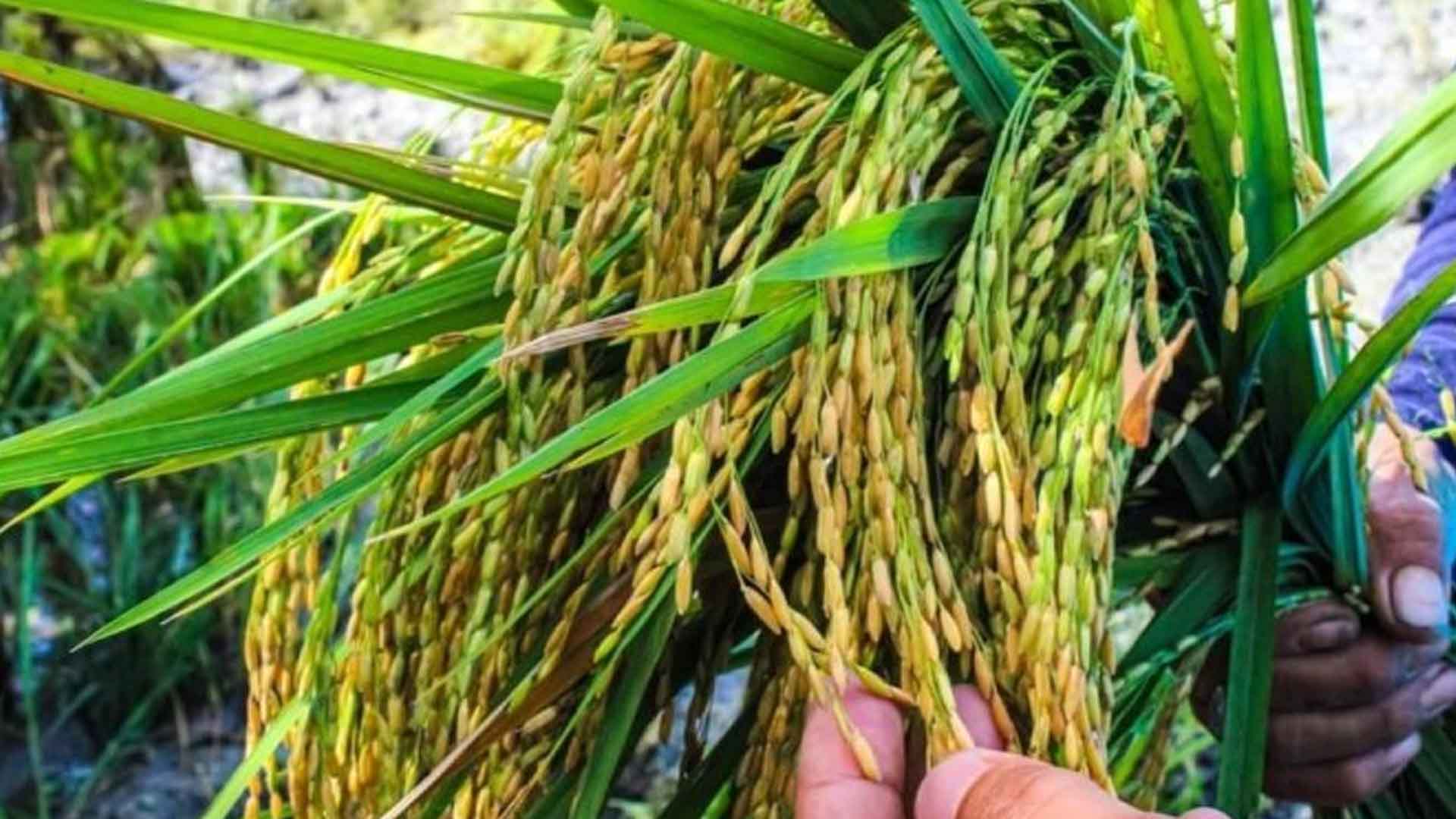The Antique provincial board during their regular session on Monday approved the resolution promoting the cultivation, commercialization and consumption of the “Golden Rice” enriched with Vitamin A.
Antique Office of the Provincial Agriculture (OPA) chief Nicolasito Calawag said in an interview right after the approval of the provincial board that farmers now have the option to plant the Golden Rice in their rice fields.
“OPA will now be embarking into the propagation of more Golden Rice seeds for distribution to farmers,” Calawag said.
He said that the resolution sponsored by Vice Governor Edgar Denosta is then intended to provide advocacy support to the pilot the project in Antique.
“Whereas, in Antique, 73.1 percent of household experience food insecurity, 25.9 percent of under-five children are stunted; and 39.8 of under-five children were underweight,” Denosta in his resolution said.
Denosta said households experience food insecurity due to their inadequate consumption to meet their nutritional requirements due to physical unavailability, lack of social or economic access to adequate food, and/or inadequate food utilization based on the 2019 Expanded National Nutritional Survey of the Department of Science and Technology – Food and Nutrition Research Institute.
The vice governor said that Golden Rice is a new type of rice genetically engineered to contain beta-carotene, a source of Vitamin A, in the grains to complement existing nutrition interventions to address Vitamin A deficiency, a prevalent form of micronutrient.
In an earlier interview, Dr. Ronan Zagado, who is the Philippine Rice (PhilRice) Institute program leader of Golden Rice and was invited to appear during the session, said that last year they started to pilot test the rice variety during the wet season in Sibalom and Patnongon towns.
“We were able to plant on a one-hectare farm per municipality,” Zagado said. (PNA)








